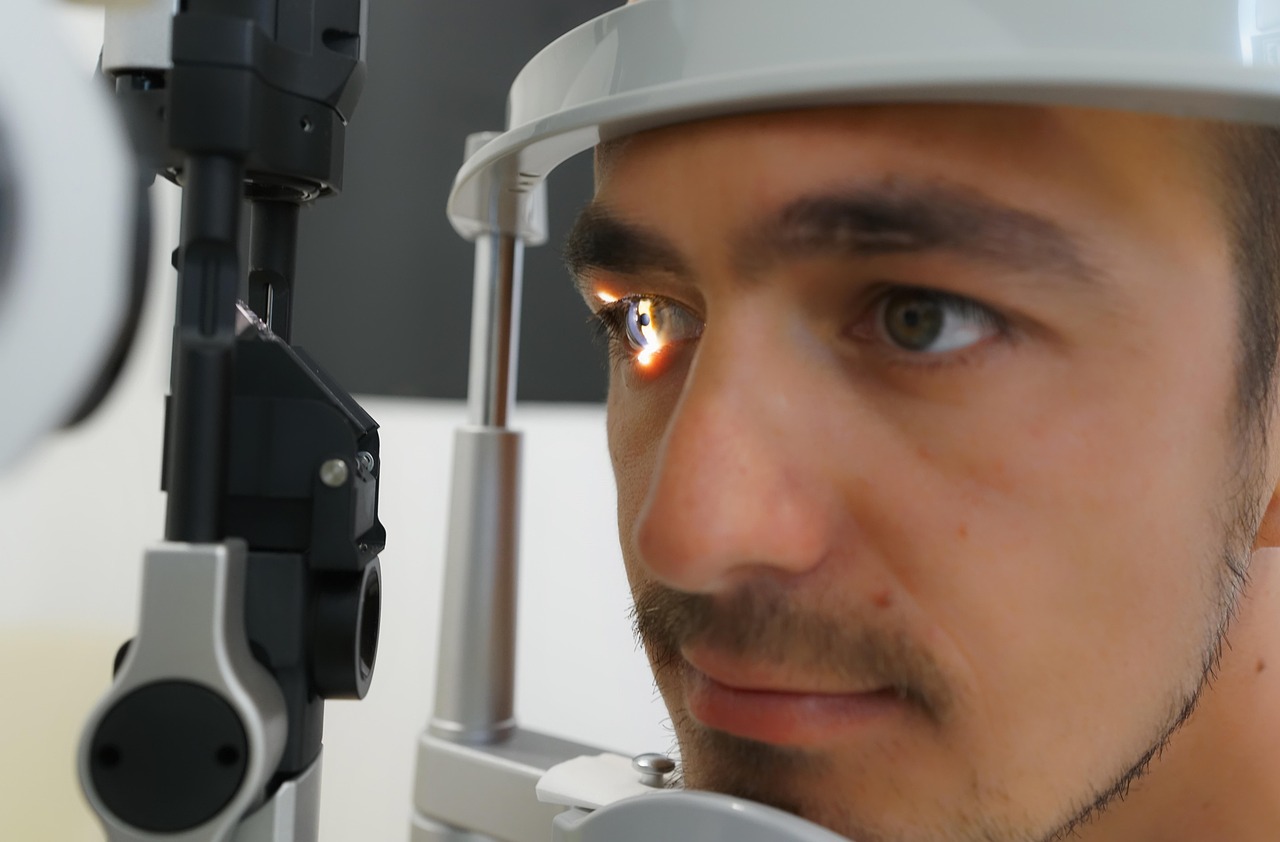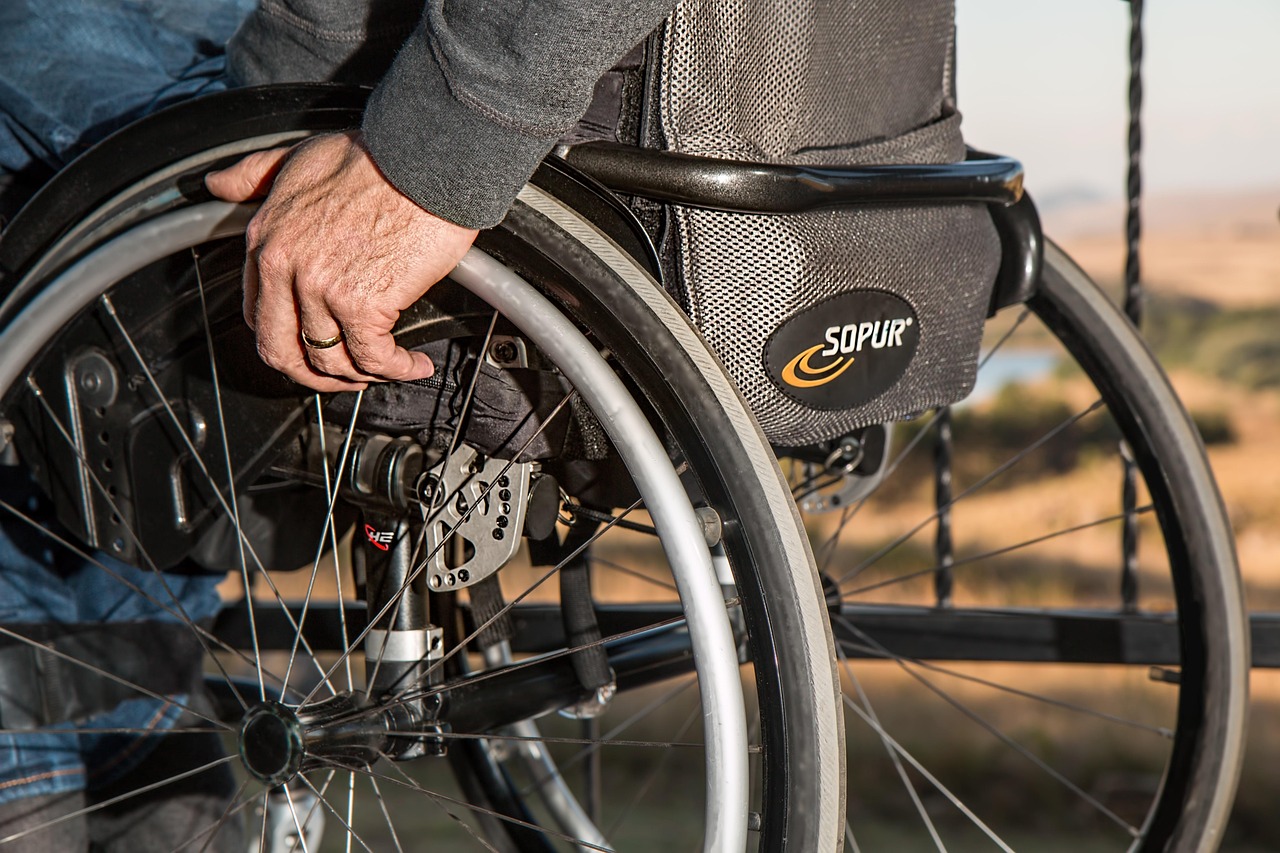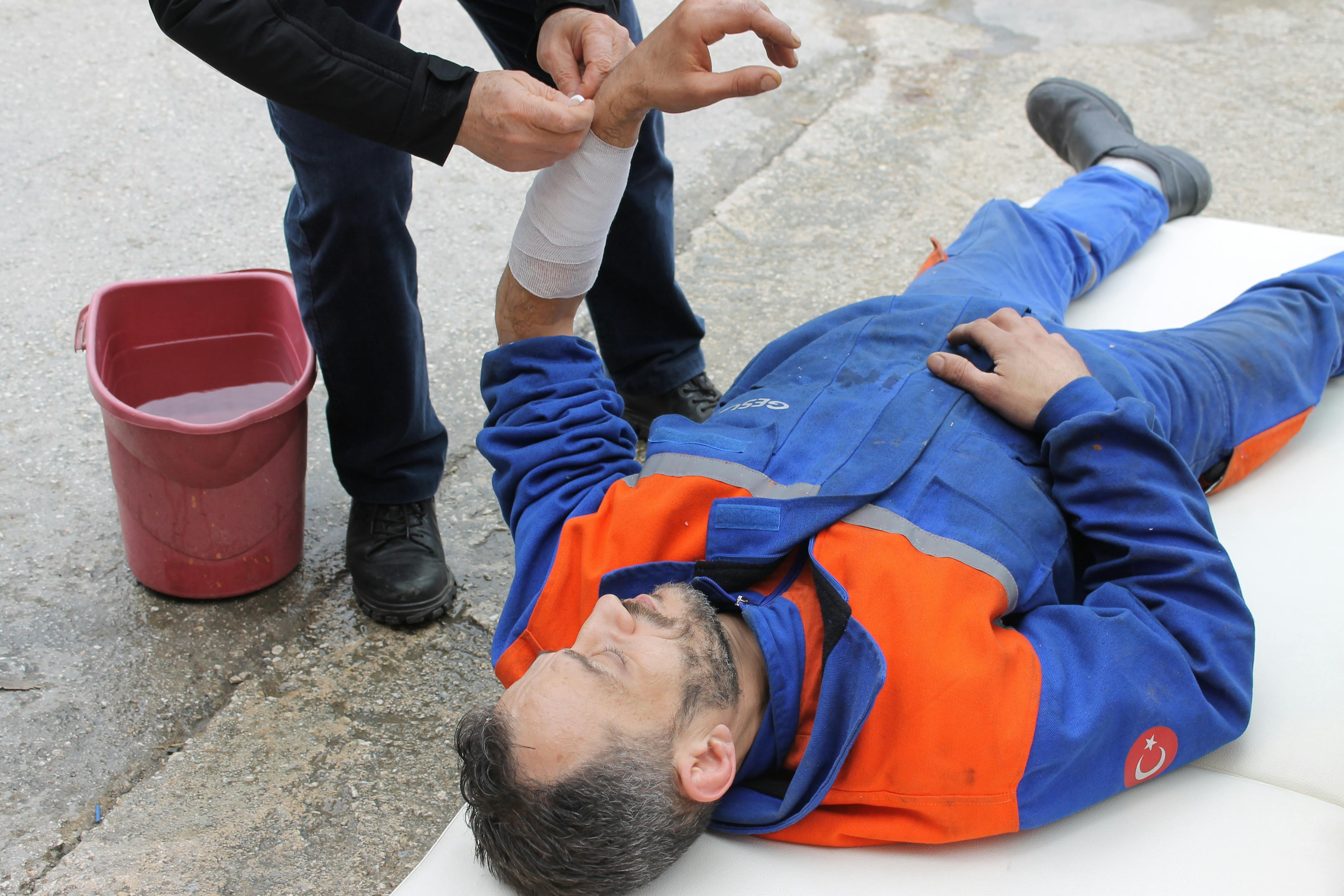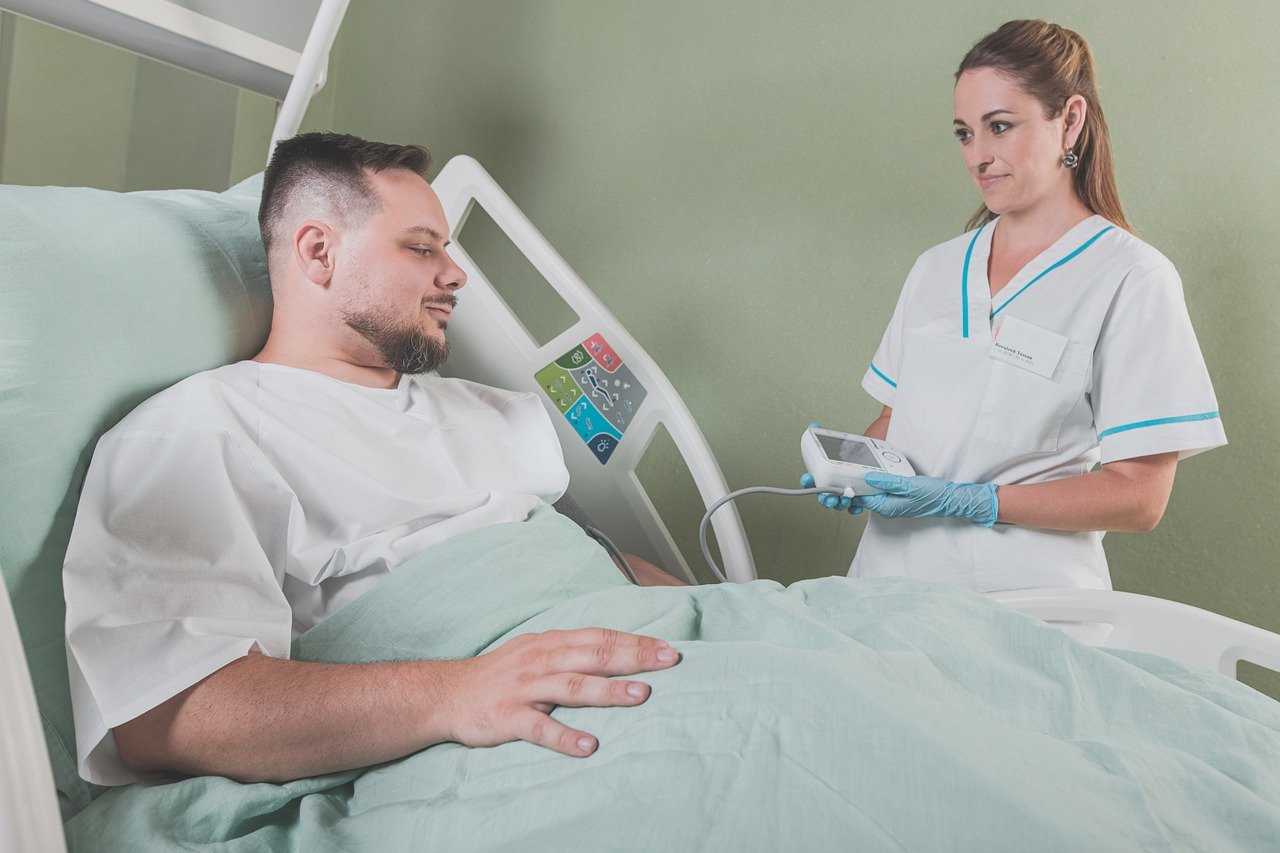15
Oct 2024
Woman Dies After Receiving 1,000 Times the Intended Morphine Dose at Brisbane Hospital
Published in News on October 15, 2024
![Woman Dies After Receiving 1,000 Times the Intended Morphine Dose at Brisbane Hospital What was meant to be a routine procedure—a pain pump inserted into Sheila Thurlow's spine to deliver medication for pain relief—turned into a nightmare. Hours passed with no updates from the hospital, leaving her family worried. They soon discovered that the 85-year-old had been given 1,000 times the intended dose of morphine, a fatal mistake.
Her husband, Raymond, expressed his heartbreak, saying, "I miss her terribly. It came as a big shock." The tragic incident raises serious concerns about hospital safety and medical oversight.
In June 2022, Sheila Thurlow was admitted to Ramsay Health Care's North West Private Hospital (NWPH) in Brisbane due to severe pain caused by metastatic cancer. Her doctor suggested inserting a pain pump to improve her quality of life.
Although the family found it odd that the procedure was scheduled for a Saturday, when fewer staff would be available, they trusted the medical team's judgment. Early that morning, around 6:30 am, Sheila's husband, Raymond, dropped her off at the hospital, expecting to see her again shortly after the routine surgery.
"I left the hospital thinking this would all be over quickly; they wouldn't want me sitting around. But hours later, I called the hospital, and the doctor said the procedure did not go as planned," Raymond recalls
“We just couldn’t believe what was happening,” Raymond said, realizing the gravity of the situation. He hurried to the hospital and informed his children, Dominic, Theresa, and Maria, of his growing concerns.
Theresa, Raymond's eldest daughter, made every effort to reach the hospital, but her long journey from the Northern Territory prevented her from saying goodbye. “It was tragic for all of us,” Raymond reflected.
"We were with Sheila, holding her hand, and we just couldn't believe what was happening before our eyes," Raymond recalled. Hospital staff informed the family that if Sheila could make it until 10 pm that night, she would likely survive.
Despite being treated with naloxone, an overdose reversal drug, her condition continued to deteriorate. The following morning, the family received a call from the hospital, informing them that Sheila had passed away. "It's very difficult to understand how this all came about," Raymond expressed, grappling with the tragedy.
Sheila's autopsy report, reviewed by ABC, identified the cause of death as "morphine toxicity," noting that the level of morphine in her blood before her death was "within the lethal range." The report indicated that the pain pump was inserted "without any issues" and that 100 micrograms (mcg) of morphine was intended to be administered as a spinal block.
Nurse 'Googled the procedure' the night before. The ABC has obtained a submission to the Office of the Health Ombudsman (OHO) from the hospital in response to a complaint filed by the family. This submission acknowledges that the procedure had never been performed at the facility and that the nursing staff had not received any training in it. It revealed that "one of the nurses 'Googled' the procedure the evening before in order to familiarize themselves" with it.
The submission also stated that there were no written protocols or processes established for the procedure, and no formal "safety huddle" took place to outline the roles and expectations of the staff in the operating room. It highlighted that the surgery was scheduled for a Saturday, which meant that management and education staff—who would typically be available during weekdays—were not accessible to support staff unfamiliar with the procedure.
According to the document, a physician ordered the morphine from the hospital pharmacy a week before the procedure. He verbally indicated to the pharmacy that 80 mg of morphine was the standard dosage for the pump, and the pharmacist confirmed that 100 mg of morphine was available in 5 ml ampoules, as stated in the submission.
It was later determined that "a spinal anaesthetic and sedation would be a safer option than a general anaesthetic, due to [Sheila's] age and co-morbid condition." However, the submission states that "at no point prior to or during the procedure" was this change in plan communicated to the nursing staff.
The submission also indicated there was "confusion between the nursing staff and the medical practitioners regarding the dose of morphine in the syringe," which ultimately resulted in the incorrect dosage being administered. Additionally, it revealed that nursing staff signed out the same dosage of morphine for another patient who was scheduled to receive a pain pump that morning. When asked by the ABC if this second patient received the same dosage, a spokesperson for North West Private Hospital confirmed, "there was no second incident relating to another patient."
A spokesperson for North West Private Hospital expressed that their "thoughts remain with the family in relation to the death of their beloved family member, Sheila." They stated that they were "limited" in their ability "to respond to the majority of the matters raised" due to "privacy restrictions and legal, coronial, and other regulatory processes underway."
The spokesperson stated that the hospital had "carried out open disclosure with the family," shared details of "the incident investigation findings and recommendations," and "conveyed our sincere apology for the tragic outcome.”
For families seeking accommodation near hospitals, guides and resources are available to assist in finding suitable lodging options, ensuring that loved ones can be close by during difficult times.](https://c3eeedc15c0611d84c18-6d9497f165d09befa49b878e755ba3c4.ssl.cf4.rackcdn.com/photos/blogs/article-810-1739269388.jpg)
What was meant to be a routine procedure—a pain pump inserted into Sheila Thurlow's spine to deliver medication for pain relief—turned into a nightmare. Hours passed with no updates from the hospital, leaving her family worried. They soon discovered that the 85-year-old had been given 1,000 times the intended dose of morphine, a fatal mistake.
Her husband, Raymond, expressed his heartbreak, saying, "I miss her terribly. It came as a big shock." The tragic incident raises serious concerns about hospital safety and medical oversight.
In June 2022, Sheila Thurlow was admitted to Ramsay Health Care's North West Private Hospital (NWPH) in Brisbane due to severe pain caused by metastatic cancer. Her doctor suggested inserting a pain pump to improve her quality of life.
Although the family found it odd that the procedure was scheduled for a Saturday, when fewer staff would be available, they trusted the medical team's judgment. Early that morning, around 6:30 am, Sheila's husband, Raymond, dropped her off at the hospital, expecting to see her again shortly after the routine surgery.
"I left the hospital thinking this would all be over quickly; they wouldn't want me sitting around. But hours later, I called the hospital, and the doctor said the procedure did not go as planned," Raymond recalls
“We just couldn’t believe what was happening,” Raymond said, realizing the gravity of the situation. He hurried to the hospital and informed his children, Dominic, Theresa, and Maria, of his growing concerns.
Theresa, Raymond's eldest daughter, made every effort to reach the hospital, but her long journey from the Northern Territory prevented her from saying goodbye. “It was tragic for all of us,” Raymond reflected.
"We were with Sheila, holding her hand, and we just couldn't believe what was happening before our eyes," Raymond recalled. Hospital staff informed the family that if Sheila could make it until 10 pm that night, she would likely survive.
Despite being treated with naloxone, an overdose reversal drug, her condition continued to deteriorate. The following morning, the family received a call from the hospital, informing them that Sheila had passed away. "It's very difficult to understand how this all came about," Raymond expressed, grappling with the tragedy.
Sheila's autopsy report, reviewed by ABC, identified the cause of death as "morphine toxicity," noting that the level of morphine in her blood before her death was "within the lethal range." The report indicated that the pain pump was inserted "without any issues" and that 100 micrograms (mcg) of morphine was intended to be administered as a spinal block.
Nurse 'Googled the procedure' the night before. The ABC has obtained a submission to the Office of the Health Ombudsman (OHO) from the hospital in response to a complaint filed by the family. This submission acknowledges that the procedure had never been performed at the facility and that the nursing staff had not received any training in it. It revealed that "one of the nurses 'Googled' the procedure the evening before in order to familiarize themselves" with it.
The submission also stated that there were no written protocols or processes established for the procedure, and no formal "safety huddle" took place to outline the roles and expectations of the staff in the operating room. It highlighted that the surgery was scheduled for a Saturday, which meant that management and education staff—who would typically be available during weekdays—were not accessible to support staff unfamiliar with the procedure.
According to the document, a physician ordered the morphine from the hospital pharmacy a week before the procedure. He verbally indicated to the pharmacy that 80 mg of morphine was the standard dosage for the pump, and the pharmacist confirmed that 100 mg of morphine was available in 5 ml ampoules, as stated in the submission.
It was later determined that "a spinal anaesthetic and sedation would be a safer option than a general anaesthetic, due to [Sheila's] age and co-morbid condition." However, the submission states that "at no point prior to or during the procedure" was this change in plan communicated to the nursing staff.
The submission also indicated there was "confusion between the nursing staff and the medical practitioners regarding the dose of morphine in the syringe," which ultimately resulted in the incorrect dosage being administered. Additionally, it revealed that nursing staff signed out the same dosage of morphine for another patient who was scheduled to receive a pain pump that morning. When asked by the ABC if this second patient received the same dosage, a spokesperson for North West Private Hospital confirmed, "there was no second incident relating to another patient."
A spokesperson for North West Private Hospital expressed that their "thoughts remain with the family in relation to the death of their beloved family member, Sheila." They stated that they were "limited" in their ability "to respond to the majority of the matters raised" due to "privacy restrictions and legal, coronial, and other regulatory processes underway."
The spokesperson stated that the hospital had "carried out open disclosure with the family," shared details of "the incident investigation findings and recommendations," and "conveyed our sincere apology for the tragic outcome.”
For families seeking accommodation near hospitals, guides and resources are available to assist in finding suitable lodging options, ensuring that loved ones can be close by during difficult times.









